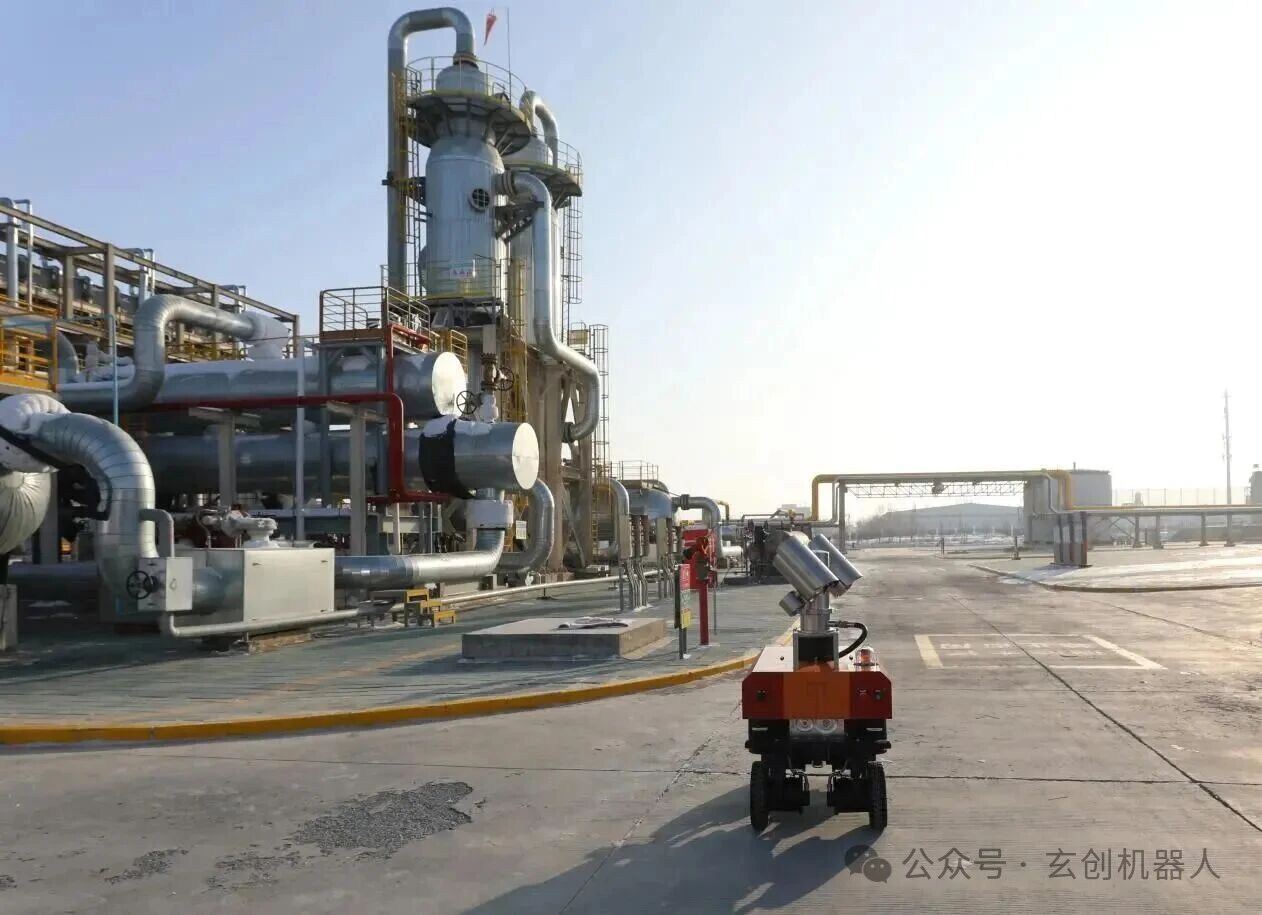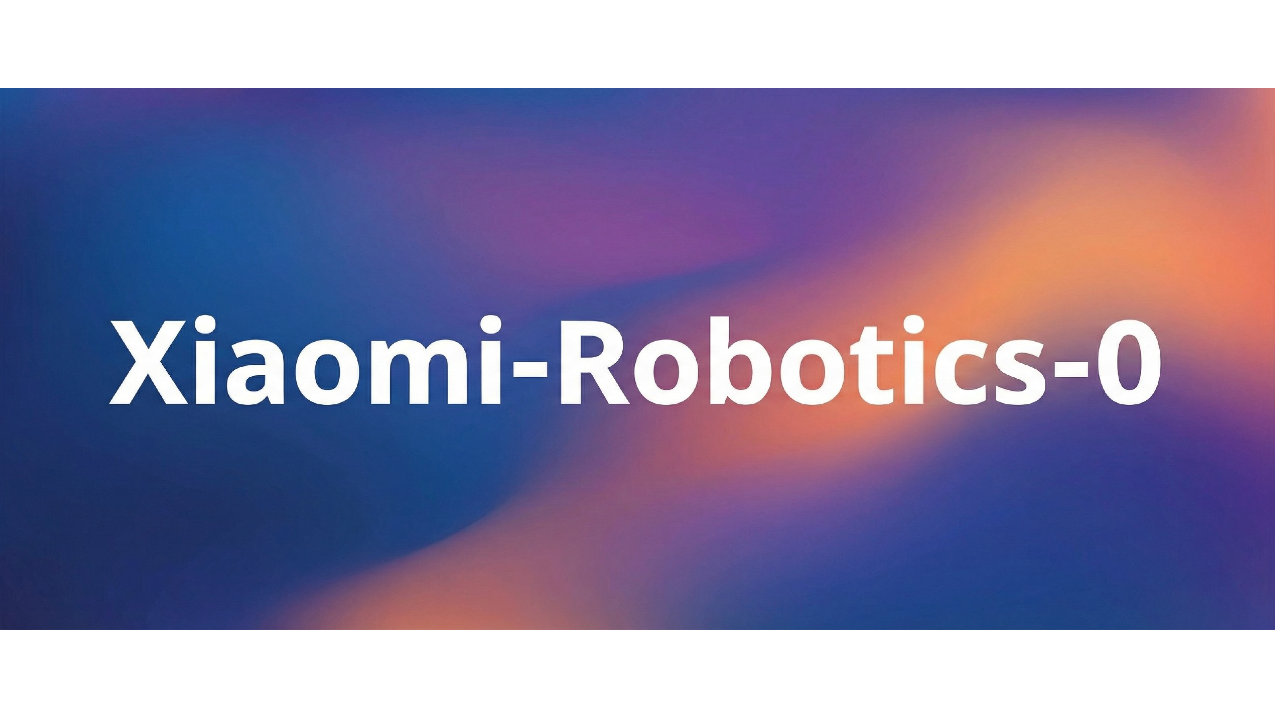(1).jpg) The unthinkable has happened and the once biggest company in the world has gone bankrupt. GM’s insolvency has sent seismic waves through the entire industry, and indeed, these days it is impossible to escape the various comments about the car maker’s failure.
The unthinkable has happened and the once biggest company in the world has gone bankrupt. GM’s insolvency has sent seismic waves through the entire industry, and indeed, these days it is impossible to escape the various comments about the car maker’s failure.
Among all publications, one commentary from John Steele Gordon, an economic historian, has won my particular attention: GM’s fall is a case of ‘creative destruction’, he says.
‘Creative destruction’ as a concept has been introduced by Austrian economist and politician Joseph Schumpeter in the 1940s, using the term to define the notion of innovation. Capitalism, he argues, is by nature a form of economic change, and an enterprise’s sustained long-term growth can be found in a constant process of transformation even as it destroys its previously established value.
In this sense, innovation has some major implications:
- It is an ongoing activity, not just a one-time action
- It is an introduction of something significantly different
- It is supposed to be a successful introduction of something new to offset the assumed destruction
- It is based on an entrepreneurial mindset acknowledging that creativity and new ideas bear economic risks, but standing still in an evolving environment bears an even bigger risk
General Motors has been established in the most capitalistic environment. Some argue that it was in a quasi-monopolistic position in the US for a long time. This may have been true until the 1970s, but after the arrival of the Japanese brands and a stiffer competition the necessity of innovation should have become obvious. This was almost 40 years ago. During the past decades GM has failed to pass through a transformation, and to improve organizational structures, internal processes, and probably most important, product- and service quality. ‘Creative destruction’ did not really happen.
“We need to make some important changes in our culture” admits Fritz Henderson, CEO of GM. But a change of corporate culture is very hard to achieve, in particular when the “old” management team stays in place. Henderson also says that he “values a team that has succeeded as well as learned from failure”. What else can we expect; he himself has been employed at GM for 25 years, and been part of the management for a long time.
Not surprisingly, General Motors’ “New GM” statement reads somewhat unconvincing: “From day one, the New GM will be well-positioned to capitalize on the award-winning vehicles we have developed and launched during the past few years, …”. Old management team, same models, at least “the reinvention of GM as a leaner more customer-focused company” - does not sound very much like real innovation!
The New GM will get a chance to rebound with its best brands and operations, of which its Chinese business is part of. GM’s overall success in the mainland faces heavy pressure in the passenger vehicle segment, though. While the company’s mini bus sales (in cooperation with Wuling) have been achieving record numbers in the first four months of this year, the Chevrolet brand is tumbling. The Spark mini car as well as the newly launched Cruze alone will not be able to comfort Chevrolet’s situation in 2009. In addition, the Buick nameplate’s success relies heavily on the sales of the new Regal. The lower mid-sized Excelle is benefiting from the government incentives, and can maintain some growth momentum, but it is a phase-out model. And the Cadillac brand has never succeeded in establishing itself strongly in the Chinese premium car market.
To ensure sustained success the idea of innovation will not only have to be a key word in the management ranks of GM China but also be translated into a day-to-day dictum within the entire company. On a more general note, the determination to change the company culture and implement the mindset of innovation will eventually decide whether the re-invented GM will be a case of ‘constructive destruction’ or just more of the same old company.
See the Chinese version here.
About the authour: Klaus Paur, Gasgoo's columnist, is Regional Director Automotive for North Asia at TNS China who has over 20 years of experience in marketing and market research, 13 of which have been spent specialising in the automotive industry.









